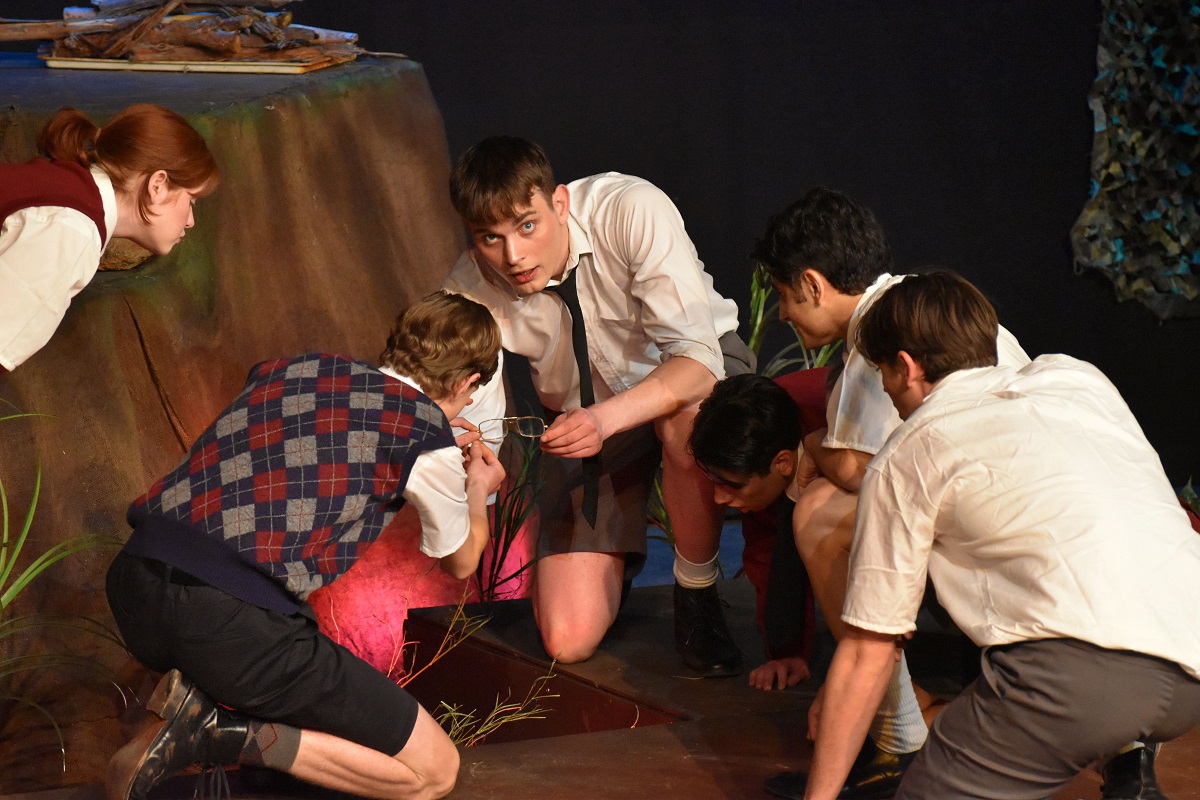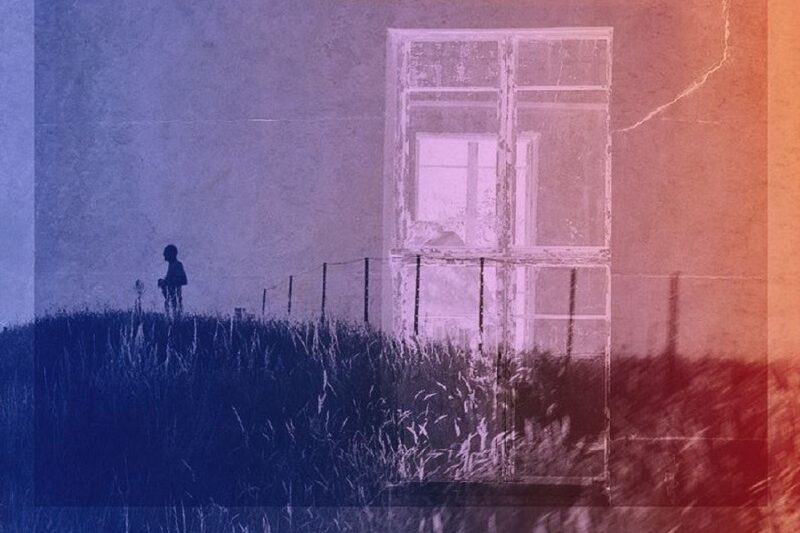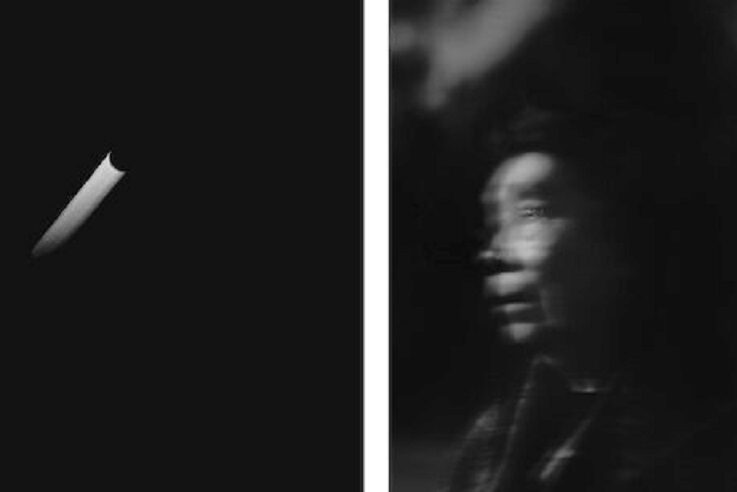
Music / “The Triumph of Imagination”, Musica Da Camera, directed by Christopher Latham. At the Australian Centre for Christianity and Culture, Barton. March 26. Reviewed by LEN POWER.
IN an ambitious program, Musica Da Camera – director and violinist Christopher Latham, pianists Edward and Stephanie Neeman and saxophonist Jamie Grech – provided a thought-provoking and moving concert of music written by and for World War II prisoners of war.
Prisoner-of-war experiences were, of course, varied and the music chosen reflected that. Erwin Schulhoff wrote his “Symphony No. 8” while in a concentration camp, where he subsequently died. Olivier Messaien’s “Quartet for the End of Time” was written while he was a prisoner of the Nazis and Jewish internee Boaz Bischofswerder composed his “Phantasia Judaica” while being shipped to Australia on the ship, “HMT Dunera”.
“The Fall of Singapore”, a new work by Australian composer Cyrus Meurant, who was in the audience, was premiered and music by contemporary composers Paul Carr, Graeme Koehne and Ludovico Einaudi illustrated the various experiences of POWs during this war. There was also music by Australian composer, FS Kelly, who lost his life in the Battle of the Somme in 1916.
The music was accompanied by well-chosen and informative projections that detailed the horrors of the conflict. Especially shocking were the statistics of POWs killed in sinkings while being transported in Japanese prison ships. Cesar Franck’s “A Tale of Two Ships” from 1868 was used to great effect to underline these terrible incidents.
Particularly notable was the electrifying piano playing of the first movement of Erwin Schulhoff’s “Symphony No. 8” by Edward and Stephanie Neeman, which opened the concert.
Cyrus Meurant’s new work, “The Fall of Singapore” was beautifully played by Greche on soprano saxophone and the Musica Da Camera orchestra. They achieved an overwhelming sense of individual suffering in their playing of this sublime work that was very touching.
With Christopher Latham leading the orchestra on violin, Bischofswerder’s “Phantasia Judaica” was an especial highlight of the concert. Its rich and emotional melodies were played superbly. The sense of loss evoked in the skilful playing was intensely moving.
Latham provided the special arrangements for many of these works, creating a unified sense of the horror of POW experiences in the war as well as the triumph of the human spirit in adversity.
The final items, two movements of Messaien’s “Quartet for the End of Time” and Einaudi’s “I Giorni” expressed the need for love and forgiveness and were an emotionally satisfying end to this memorable performance.
The concert was also a tantalising preview of the upcoming “Prisoners of War Requiem” to be heard in October.
Who can be trusted?
In a world of spin and confusion, there’s never been a more important time to support independent journalism in Canberra.
If you trust our work online and want to enforce the power of independent voices, I invite you to make a small contribution.
Every dollar of support is invested back into our journalism to help keep citynews.com.au strong and free.
Thank you,
Ian Meikle, editor




Leave a Reply